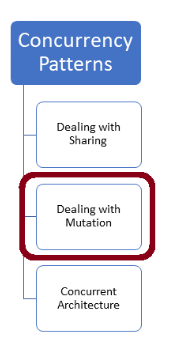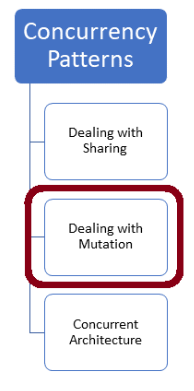Modern C++ In-Depth — Transparent Comparisons
Less overhead for associative container lookup
Modern C++ In-Depth — Transparent Comparisons
by Michael Kristofik
From the article:
Searching for an element in a container normally requires constructing an object of the container’s key_type. If the key is small, such as one you’d normally pass by value, it isn’t a performance concern. But what if the key is large?

 std::move can allow the efficient transfer of resources from object to to object. Andreas Fertig reminds us that using std::move inappropriately can make code less efficient.
std::move can allow the efficient transfer of resources from object to to object. Andreas Fertig reminds us that using std::move inappropriately can make code less efficient. Is it possible to extend a value type in C++? Alf Steinbach describes how to extend enum values.
Is it possible to extend a value type in C++? Alf Steinbach describes how to extend enum values. Operator overloading. Looks great. Reduces verbosity. Until it doesn’t.
Operator overloading. Looks great. Reduces verbosity. Until it doesn’t. Guarded Suspension applies a unique strategy to deal with mutation. It signals when it is done with its modification.
Guarded Suspension applies a unique strategy to deal with mutation. It signals when it is done with its modification. Recently, our team at Meteksan Defense is upgrading its development environment to use newer versions of many tools and programming languages. One of the more difficult transitions has been the upgrade of our C++11 code base to C++17 for our embedded applications.
Recently, our team at Meteksan Defense is upgrading its development environment to use newer versions of many tools and programming languages. One of the more difficult transitions has been the upgrade of our C++11 code base to C++17 for our embedded applications. I continue my journey with concurrency patterns in today's post. The Thread-Safe Interface fits very well when the critical sections are just objects.
I continue my journey with concurrency patterns in today's post. The Thread-Safe Interface fits very well when the critical sections are just objects.